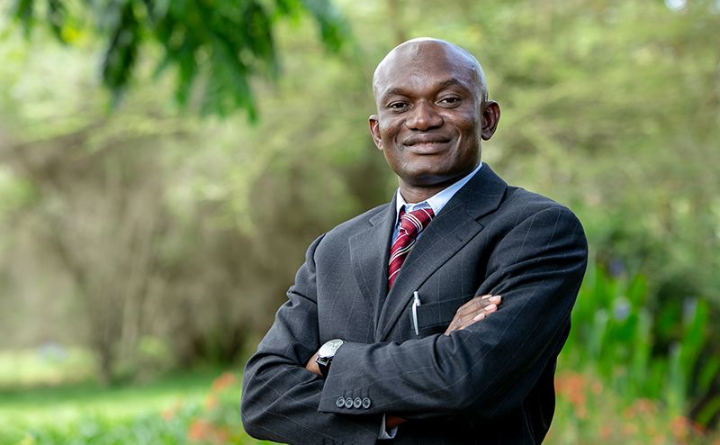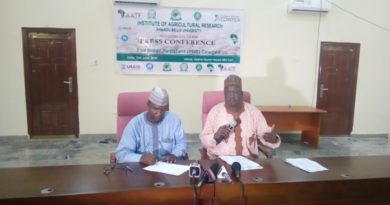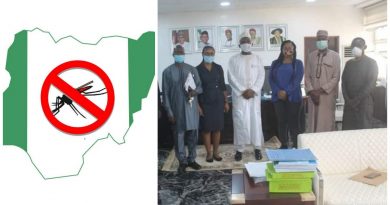How an ABU biochemist hopes to stop the spread of sleeping-sickness disease
Emmanuel Balogun, a biochemist at Ahmadu Bello University (ABU) Zaria in Nigeria, has been examining trypanosomiasis, or sleeping sickness, in humans and animals since 2007. Now, he is working to develop drugs to combat the disease. In December 2018, he won the Life Science Award — Nigeria’s most prestigious science prize — from the Nigerian National Academy of Science (NAS). In April, he won the 2019 Future Leaders African Independent Research award of £300,000 (US$391,500) from the Royal Society in London. Nature talked to Balogun about his career path and his progress on developing a viable drug compound.
When did you begin to focus on this disease?
I started studying neglected tropical diseases (NTDs) — which include sleeping sickness and dengue fever — and malaria as an undergraduate at ABU Zaria, along with my now-late mentor, biochemist Andrew Nok. I narrowed my research area to African human and animal trypanosomiasis in 2007.
Why is trypanosomiasis an important research topic?
Transmitted by the tsetse fly, it kills thousands of people in Africa each year, and about 60 to 70 million people on the continent are at risk of contracting it. In addition, Africa loses an estimated $5 billion to animal deaths caused by this disease. Consequently, it is a tremendous burden on agricultural and economic development in Africa. Sleeping sickness and other NTDs are prevalent in developing countries because their rural areas, where many people live, do not have adequate sanitation. And the vectors of these diseases thrive in the tropical climate of the sub-Saharan African region.
What is your research goal?
I aim to identify molecules that can kill trypanosomes, the parasites that carry the disease, by inhibiting enzymes that help their cells to produce energy, and to develop those inhibitory molecules as drugs. My research group at ABU Zaria and I have identified two such key enzymes.
How far are you in the drug-development process?
We have validated that the two enzymes are important for the parasite’s survival and have replicated them with genetic-engineering tools. We will use the Royal Society funds to identify inhibitory molecules that target the enzymes.
Did a specific discovery help you to win the Life Science Award?
Yes. We found that mosquitoes are incapable of transmitting trypanosomiasis, and sought to identify why. We learnt that they host a glycoprotein in their mid-gut that kills the trypanosomes. So if a mosquito sucks the blood of a person or animal that is infected with trypanosomes, the glycoprotein in the insect’s mid-gut will kill the trypanosomes before the mosquito can transmit the infection to another human or animal.
Did you make other discoveries?
Yes. A key symptom of trypanosomiasis is anaemia, which is caused by the loss of red blood cells. When trypanosomes infect animals, these parasites produce an enzyme that makes white blood cells ‘recognize’ red blood cells as foreign bodies and begin to destroy them, leading to anaemia. We found that if we infuse lactose intravenously into an animal that is infected with trypanosomes, the lactose slows the anaemia’s progression.
Do you have advice for early-career researchers?
Find mentors who live and work in the same geographical area as you, and who have achieved what you dream of achieving. Model their careers. Approach them when you need to for discussions regarding your present and future aspirations. I was close to my mentor, Andrew Nok, and learnt so much from him.








